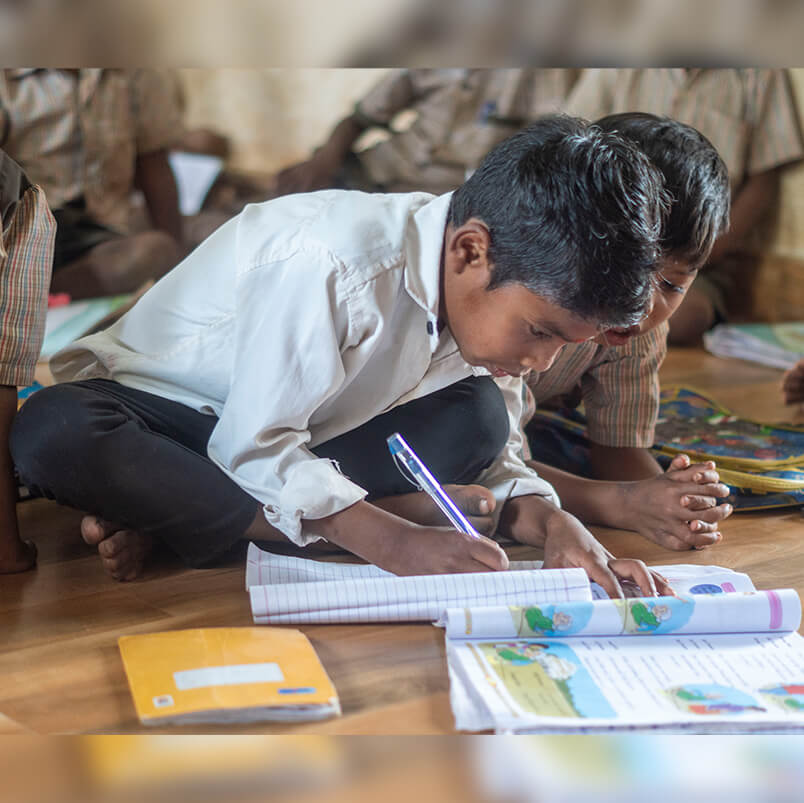Every year, on August 9th, the world celebrates the International Day of Indigenous Peoples. This day is dedicated to acknowledging the rich cultural heritage, unique traditions, and significant contributions of Indigenous communities around the globe. It is a time to reflect on their historical struggles, ongoing challenges, and strides towards achieving equality and recognition.
Why is it celebrated?The United Nations declared August 9th as the International Day of Indigenous Peoples in 1994 to raise awareness about the issues Indigenous communities face. The day aims to promote the protection of their rights and to recognise the important roles these communities play in maintaining the world's cultural diversity and biodiversity. It is a call to honour their contributions, preserve their heritage, and address the inequalities and injustices they have historically faced.
Which countries have the most indigenous people?
Indigenous peoples are found across the globe, with significant populations in various countries. Some of the countries with the highest numbers of Indigenous people include:
India:India is home to a vast and diverse Indigenous population, with over 700 distinct tribes.
China's Indigenous population includes several ethnic groups, such as the Tibetan, Uyghur, and Zhuang communities.
Mexico: Mexico has a large Indigenous population, including groups like the Nahua, Maya, and Mixtec.
Peru's Indigenous communities, such as the Quechua and Aymara, are integral to the nation's cultural fabric.
Brazil: The Amazon rainforest is home to numerous Indigenous tribes, including the Yanomami and Kayapo.
Indigenous Communities in IndiaIndia's Indigenous population, known as Adivasis, encompasses a wide range of tribes spread across the country. According to the 2011 Census, there are 104 million Indigenous people in India, making up 8.6% of the total population. They are recognised as Scheduled Tribes (STs) and are present in almost every state and union territory, with significant populations in states like Madhya Pradesh, Odisha, Jharkhand, Bihar, Chhattisgarh, etc.
The North Sentinelese TribeThe North Sentinelese tribe is one of the most isolated Indigenous communities in the world. Residing on North Sentinel Island in the Andaman and Nicobar Islands, India, they have lived in near-total isolation for thousands of years. The Indian government has respected their wish to remain undisturbed and has declared the island off-limits to outsiders to protect their way of life.
The North Sentinelese are known for their fierce resistance to contact with the outside world. Very little is known about their language, culture, and practices due to their isolation. This tribe represents the profound diversity and resilience of Indigenous communities.
Special Rights for Indigenous People in IndiaThe Indian Constitution provides several special rights and protections for Scheduled Tribes to address historical injustices and promote their development. Key provisions include:
Reservation in Education and Employment: Reserved seats in educational institutions and government jobs to ensure better representation.
Fifth and Sixth Schedule Areas: Special administrative provisions to protect the rights and land of Indigenous people in certain regions.
Forest Rights Act recognises the rights of forest-dwelling Indigenous communities to land and resources.
Tribal AchievementsDespite facing numerous challenges, members of the Adivasi community have achieved remarkable success in various fields. For instance, Mary Kom, a renowned boxer from the Kom tribe in Manipur, has won multiple world championships and an Olympic medal, bringing pride to her community and the nation.

Child Help Foundation’s education projects reach out to tribal children and support their education. We help Government Ashram Shaalas to teach these students various skills.
